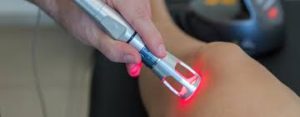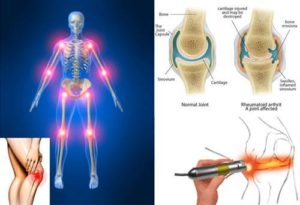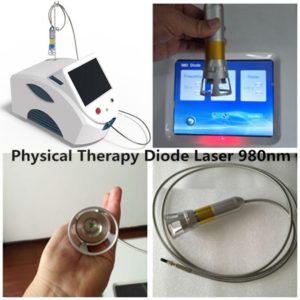11月05 Will laser therapy help with knee pain?
Laser therapy is an alternative treatment for some types of pain, such as that often associated with the knee. Research on laser therapy is preliminary, and most insurers still consider it to be experimental. However, some studies show it can alleviate pain, including knee pain.
Laser therapy is also known as cold laser therapy, class III laser therapy, or low-level laser therapy (LLLT). Some early studies have shown lasers might help wounds heal. If true, this suggests they could help the body to repair tissue damage caused by injuries and arthritis or other diseases. However, the first studies of cold therapy lasers were not controlled clinical studies.
Laser therapy is relatively new, and researchers do not yet know if it has any long-term risks. Most studies have looked at short-term effects, so it is possible that laser therapy could trigger longer-term side effects that have not yet been realized.
Fast facts on laser therapy for knee pain:
- Proponents of laser therapy say it offers both temporary pain relief and long-term healing.
- Supporters of laser therapy suggest it could treat ailments as diverse as arthritis, chronic pain, joint disorders, and even addictions, such as smoking.
- Research on pain in other areas of the body suggests that laser therapy can, as a minimum, offer temporary pain relief.
- Unlike surgical lasers, cold lasers do not heat up the body’s tissues.
What is laser therapy?
Surgical lasers are increasingly common in medicine and cut more precisely than traditional surgical equipment, reducing the risk of injury and helping speed up surgery.
However, these “hot” lasers can be dangerous when incorrectly used. On the other hand, the “cold” lasers used in LLT to treat pain are much weaker than surgical lasers and cannot cut through or burn skin.
Proponents of laser therapy argue that the skin absorbs very little light, allowing a laser to penetrate deeply into tissue. This lets it heal damaged tissue with no side effects. And because the wattage is very low, there is no risk of a burn.







No Comments